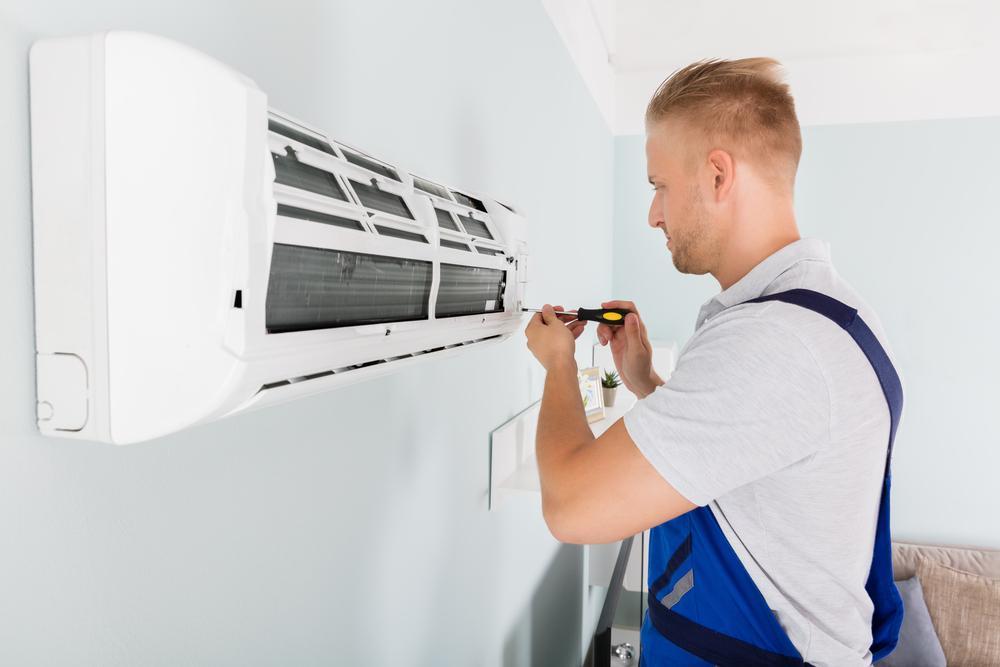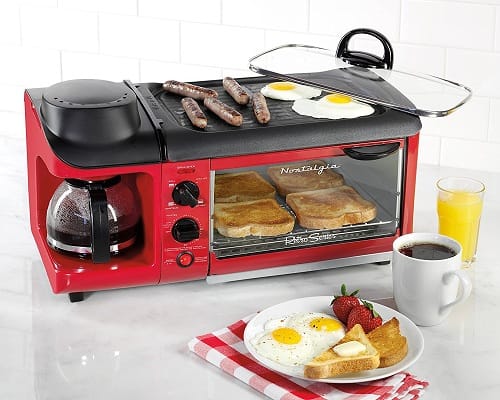Even though it’s the peak of scorching summer, you are saved from the heat and humidity thanks to your HVAC air conditioning, which keeps your home cool and pleasant. But just like any other device, it will run into problems sooner or later, especially if it is an old system or if it’s been a while since a technician serviced it. In some cases, a few repairs will fix the problem. But if you need to carry out extensive repairs, time and time again, it’s perhaps time to replace your air conditioner.
But should you fix or replace your AC unit, that’s the question you must be asking yourself. After all, you require optimum cooling during the summers. Here’s some information that will help you make a decision.
What are the most common AC problems?
You might face various problems with your air conditioning unit, from refrigerant leakage to damaged compressors. But if you call a technician every few days for these kinds of issues, the best option would be to change the system itself. It would also be helpful to remember that some repairs can be extremely costly, such as refrigerant leaks, a faulty condenser, or a damaged compressor.
Here are some AC issues that you must know about.
- Refrigerant leakage
The refrigerant (located inside the AC system’s copper coils) is a chemical compound that absorbs external heat, runs it through the compressors and evaporators, and releases cool air inside your home. But a refrigerant leakage will not provide optimum cooling while also requiring a high power consumption, thus increasing your electricity bills.
- Water leakage
You can expect some amount of water leakage from your HVAC AC system on a scorching and humid day. However, if that happens with an increasing frequency, it’s probably because of a clogged condensate drain. You might also experience leakage because of faulty installation, dirty filter, low coolant level, and damaged condensate pan. Although you can clean the drain by clearing the debris and replacing the drain cap, calling a professional is advisable.
- Faulty sensor
Your air conditioner’s thermostat sensor sits close to the evaporator coil behind the control panel, and it helps your unit maintain a steady room temperature. If something causes the sensor to change its position, it will disrupt the normal functioning of the AC. If your sensor goes faulty, the cooling unit will continue blowing cold air to the point where it becomes uncomfortable.
When should you replace your AC unit?
Most technicians and professionals agree that you need to buy a new AC unit between 10 to 15 years. If you have been careful with the unit’s maintenance and it is less than 15 years old, you might not have to replace it. You might also be unable to find the spare parts for an old air conditioner because it’s out of production or obsolete. These are some circumstances when replacing your cooling system is the best option.
- It’s more than 15 years old
If your HVAC air conditioner is more than 15 years old, you might consider replacing it rather than investing money in repairs. Its specific lifespan depends on various factors, including the usage frequency, unit size, and how hard it works to keep your house cool.
- Your AC breaks down frequently
An efficient HVAC AC system should not break down frequently if you have been careful about yearly tune-ups. Suppose the technician has replaced the spare parts, fixed the compressor, checked the refrigerant leakage, and attended to all other problems, and you still face issues. In that case, it’s time to replace your system immediately.
- Your receive high electricity bills
If you notice your electricity bills skyrocketing suddenly, it could indicate a malfunctioning air conditioner or not working as efficiently as it should. The reason could be a weakened motor, capacitor, or other system parts.
- Your repairs are costly
If your repairs are costly, you might consider saving that money and investing in a new HVAC unit. Generally, it is better to avoid repairs that cost you more than 1500 USD$ at once. The most expensive maintenance involves:
- Checking the refrigerant leak.
- Fixing a broken compressor.
- Replacing the evaporator coil.
- Replacing a fan motor.
Why should you call the professionals?
Once you consider the pros and cons of repairing vs. replacing the AC, you can make a final call. Even if you have all the necessary information, you might consider seeking the advice and help of a professional AC technician before taking the final decision. They would scrutinize your cooling system to identify the damaged and faulty parts and whether they can solve the problem with repairs.
You can take the help of the information mentioned above while deciding should you fix or replace your AC unit? However, the best course would be to consult your technician, who will offer you sound advice after considering all the factors.
Image Sources: Depositphotos





